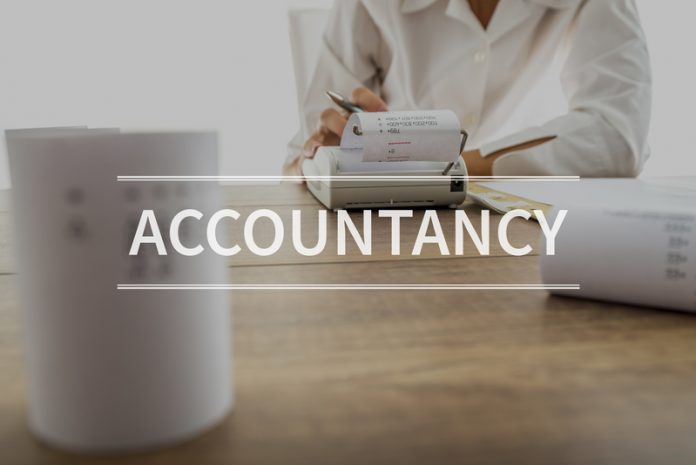This article will explore how the changes to the accountancy sector in a modern digital world affects how clients interact with accountants and the day to day changes to accountants jobs
Like with most industries the evolution of technology is changing the shape of the accountancy sector. In 2006 Xero launched in New Zealand and this often cited as the pivotal moment when accountancy came out the dark ages and started the shift into the digital era.
Cloud accounting
In a nutshell, cloud accounting is a clever piece of software that allows you to securely keep records of your company accounts online and access them from anywhere in the world. In fact, it allows you to do so many different things such as submitting your VAT return to HMRC with a click of a button, see what your expected corporation tax bill could be and sets reminders for your accounting deadlines. Recent advances allow for your business bank account to be connected through a feed, and for photos of your receipts to be read by the software and be automatically categorised.
The CEO and founder of Dolan Accountancy, Simon Dolan has really embraced cloud accounting, particularly the FreeAgent software. Simon states “The use of FreeAgent means our clients can easily keep track of the necessary paperwork whilst allowing our accountants to give personalised tax planning advice based on live information, this enables us to ensure every client receives the very best service”.
Artificial Intelligence
Another major technological change in the accountancy sector is Artificial Intelligence (AI) which is becoming an integral part of online accounting software and in many firms, the use of AI is already becoming noticeable.
One area that is seeing big changes is compliance. Accountants are seeing that the way data is handled and processed is becoming completely automated, which is allowing for them to generate fast and reliable reports. For example, money laundry checks can now be carried out automatically and banks such as HSBC have invested in AI technologies to constantly monitor accounts for money laundering, so issues can be discovered much earlier.
Data categorisation is another which strongly features on online accounting software. Not only can it import your data from a bank feed or from photos of receipts, a bot can then allocate them to categories. The bots are even becoming smart enough to notice small differences, for instance, say you lease a printer for the office and then in the same month you purchase a printer from the same supplier the bots will know these need to be treated differently and will allocate them to different categories. Also, AI is able to learn from human’s behaviour to improve their judgements, so if you recategorised an expense, it will remember this and next time it will do it for you.
Making tax digital
Without a doubt, this will be the biggest change in the accountancy sector. Making Tax Digital is HMRC’s program to digitalise the UK’s tax system by 2020 with the goal of ending the self-assessment. Simply put, it will make tax administration more effective, efficient, and easier for taxpayers as well as reducing the costs of managing tax at HMRC.
The changes will affect the majority of UK business, the self-employed and landlords as they will be expected to keep digital records which will need to be submitted to HMRC every quarter instead of every year.
HMRC have released their list of approved suppliers of software already which can be found here.
Though HMRC has said they will accept spreadsheets of bookkeeping records these will need converting through HMRC’s bespoke software, which is yet to be developed. This is more than likely to result in thousands of more businesses moving their accounts into the cloud.
Is this the end of accountants?
Of course not. Online software is fantastic for improving the efficiency of the accountant-client relationship. Think about it, before your accountant couldn’t advise you until they had all the information from you, which could take days to put together. Now they have the data at their fingertips allowing them to advise you on the full picture and not just a snapshot of information.
For example, if you want to take a dividend payment, your accountant can quickly work out any tax you may owe in the near future and can advise you on the most tax efficient payment to take from your limited company. Whilst a bot can make the accounting arena more streamlined and efficient, it cannot replace the years worth of industry knowledge your accountant has.











